READY TO GET STARTED?
REQUEST A FREE ESTIMATE
Fill out the form below or call (888) 466-7849 for a free, no-obligation estimate.
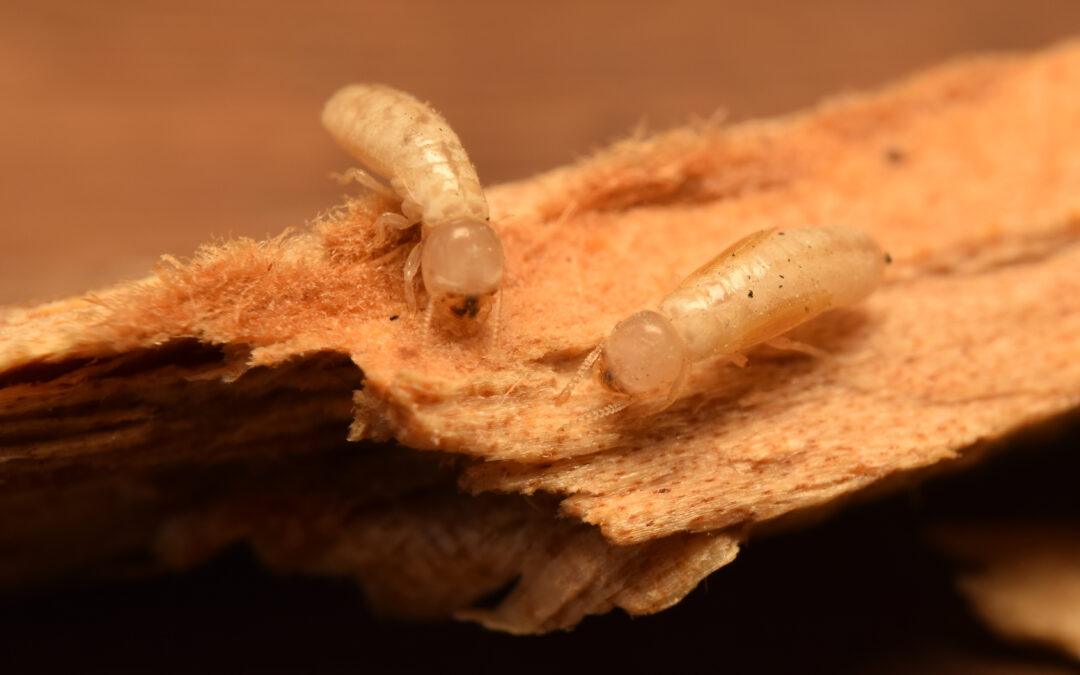
Drywood termites are quite common in the South Florida area, thriving off our year-round dry and humid temperatures. This termite type can be difficult to spot in homes and will often go undetected for lengthy periods, causing considerable structural damage. The best way to avoid the costly damage of drywood termites is to understand their characteristics and the preventative measures you can place to deter them away from your property. Let’s learn more about these household pests and drywood termite control tips to protect your home.
Unlike the subterranean termite, drywood termites do not need to live in soil to survive. These termites will instead excavate wood to create a colony and live. Drywood termites will seek out dry wood, hence their name, to build a nest and live in it, such as attic framings. Drywood termites have an oval-shaped waist, short legs, and a cream to light brown colored body.
Often, drywood termites get into your Florida home by hitchhiking through an already infested piece of old furniture, picture frame, or other wooden structure. While they don’t create mud tubes like the subterranean termite to enter the home, they instead fly directly to the wood they infest. They’ll also enter homes through open gaps or cracks around window frames, doors, soffits, and attics.
Since termites live in excavated wood, it can be hard to identify them but there are plenty of signs you can lookout for. A good indication that termites have created a colony in your home is spotting discarded wings near windowsills or doors and finding droppings or frass that look like small mounds of tiny pellets inside or around your home.
There are several preventative do-it-yourself methods you can use throughout your Florida property; consider these:
If you’ve noticed signs of termite activity on your property or would like to get started on drywood termite control, reach out to your Florida pest control company! Termite professionals will provide you with a free home inspection, a treatment plan based on your termite control needs, and a prevention plan to avoid a future infestation.
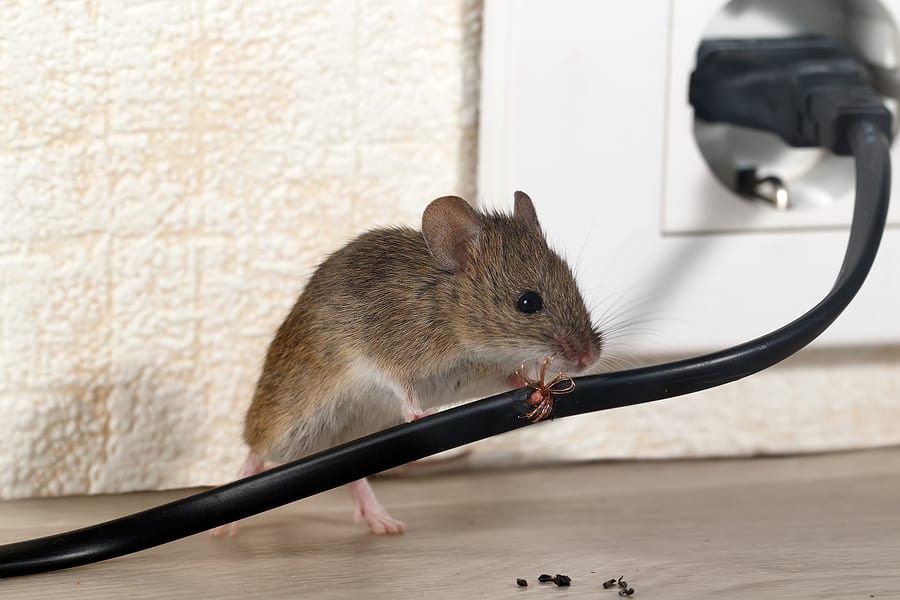
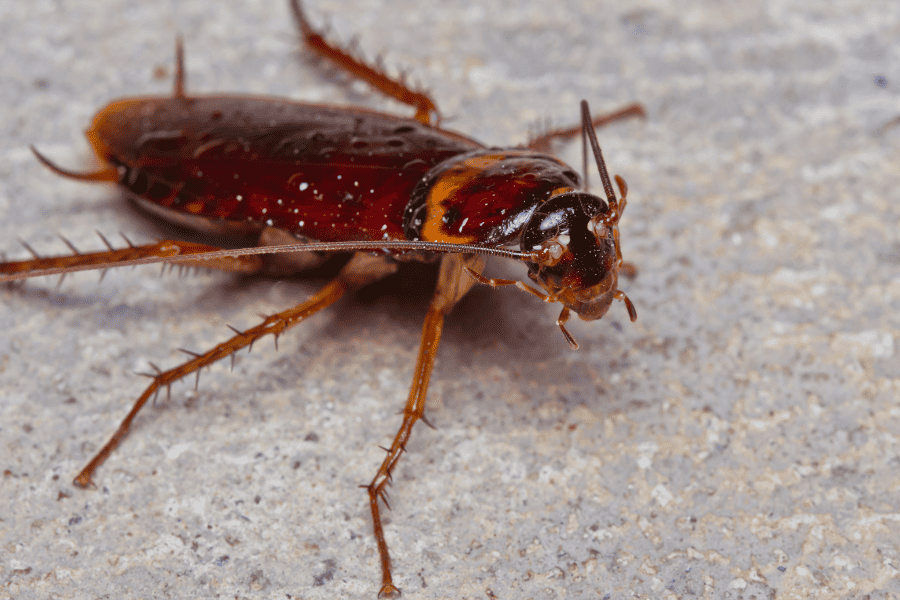
Cockroaches are common household pests seeking a warm environment to provide them with food and water. These pests can pose a serious health risk to humans as they transmit diseases and trigger allergies and asthma. Roaches will utilize any small hole, gap, or cervices to enter your home. They are also known to hitch a ride inside grocery bags, boxes, and used appliances.
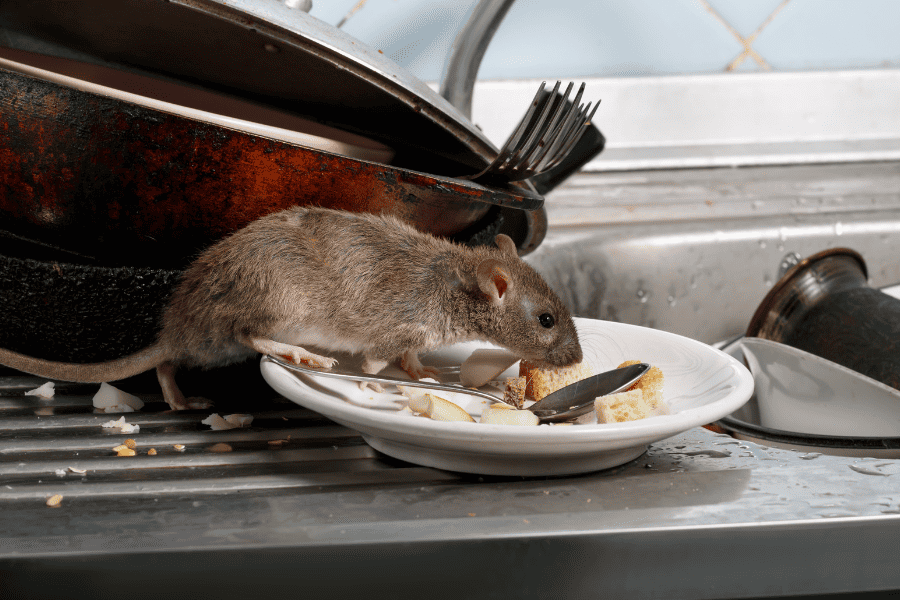
Rodents, including rats and mice, are year-round pests but they can become a major problem as the winter season approaches. Rodents will seek out warmth, food, shelter, and water inside our homes, squeezing through small holes and gaps to get inside. Mice and rats can cause damage to our homes and be a health risk to humans as they are known to chew through insulation, wiring, wood, and contaminate surfaces through their droppings.
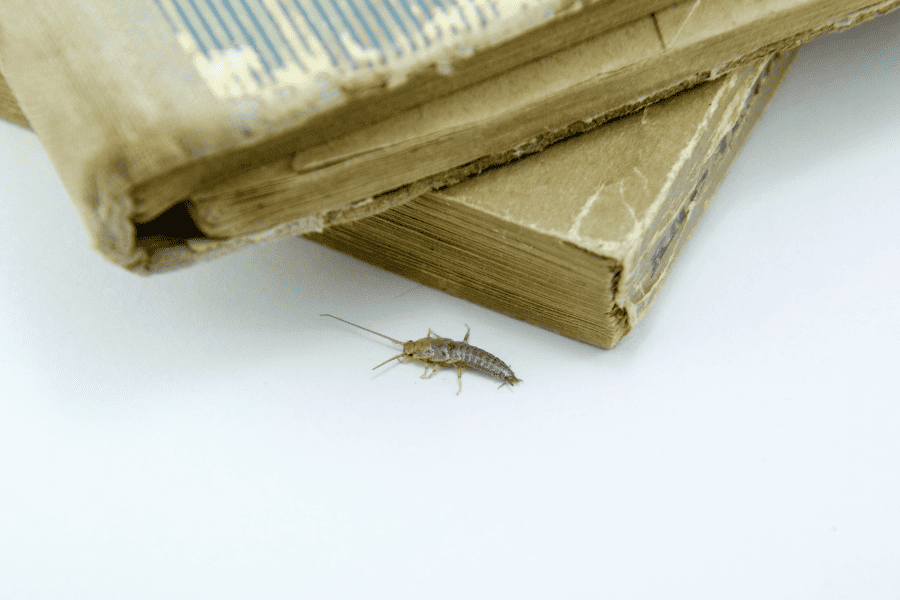
These pests will look to your basements and bathrooms to seek a damp, cold place to live in. While silverfish are harmless to humans, they can invade in numbers, and cause them to be a major nuisance to remove them. These pests will often gain access to your home by hitching a ride through the items you’ve taken out of storage in your garage or attic. Silverfish will also feed on your books, glue, wallpaper, and boxes.
It might seem impossible to deter wildlife creatures from your home during the winter but by placing certain preventative measures throughout your property, you can avoid their infestation! Check out these winter pest control tips when you want to keep these pests away:
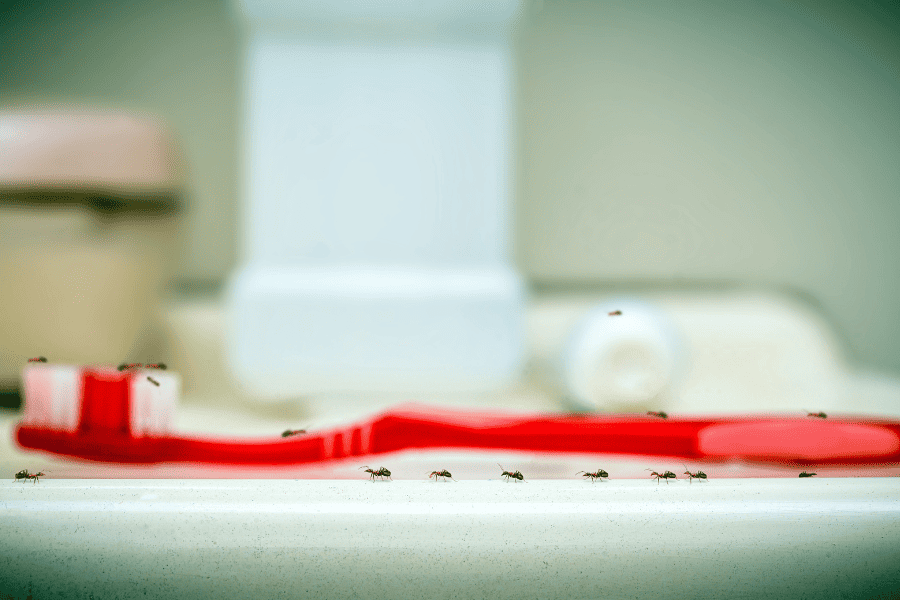
Purchasing and owning a home brings a sense of pride and responsibility for many Florida homeowners. A home is not only an investment but it’s the place where you can raise your family, so it’s crucial to keep it protected. Having a routine pest control service can bring several benefits to your property and family. Here are 5 reasons to consider it.
If you’re interested in recurring pest control services, contact your local South Florida pest control company for more information and a free inspection.
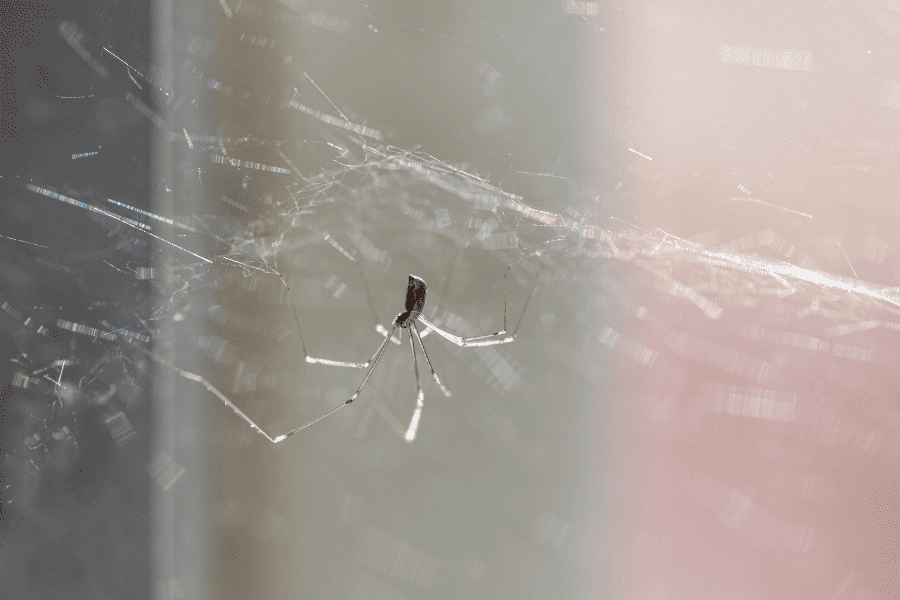
If you’ve noticed an increase of spiders inside your Florida home, it can be quite alarming for most homeowners! While most spiders are not dangerous to humans and are considered a benefit to our environment, it doesn’t mean you want them inside your house. With several species found in Florida, including daddy long legs, southern house spider, black widows, and more, it’s inevitable to come across one, but it’s easy to prevent, reduce, or eliminate their presence around your home. Check out the reasons why spiders are entering your home and easy spider prevention tips to avoid them in the future.
Spiders enter homes to search for food and find a habitat to continue looking for prey to feed on. Spiders eat insects, so if you’ve found webs around your home, it’s likely that those spiders found their food source. Inspect the inside and outside of your home for spider signs, these include spider webs, egg sacs, insects they feed on, or the spiders themselves.
There are several ways you can help reduce spider activity on your property. Spiders are looking for food, so it’s important to reduce the amount available to them by removing other household pests from your property. You can reduce the insects on your property by:
Not only is it important to reduce the insect population to avoid spiders, but it is equally important to deter them from even entering your home. Consider these spider prevention tips to avoid them from invading indoors:
If you’ve noticed more spider activity than you’re used to, consider calling your local Florida pest control company for help. These professionals will provide you with a thorough inspection and recurring pest control plan to help avoid spiders and other household pests in the future.
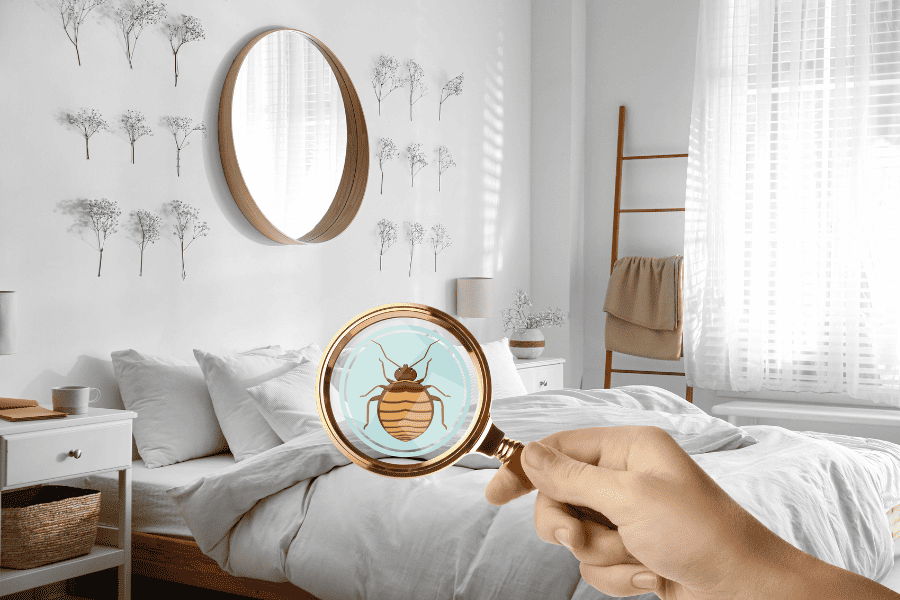
Traveling for the holidays, staying at hotels, and visiting family are all opportunities for bed bugs to hitchhike through your luggage and make their way into your home! These invasive pests will go undetected for long periods, reproducing quickly, and causing a full-blown infestation. One of the best ways to avoid bed bugs inside your home is to prevent them in the first place.
While packing for your trip, consider utilizing plastic bags to pack your clothes, shoes, and other personal items to help prevent bed bugs that climb into your suitcase. Before booking your hotel room, look up the bed bug registry. Once you get to your hotel room or Airbnb, inspect the room for signs of bed bugs, including small, dark spots, bloodstains, or bed bug skins. Try to avoid placing your luggage on the bed or floor, instead, place it on tile floors, in a closet, even in showers or tubs, and keep it away from the walls and any wooden furniture.
Once you return home from a trip, unpack your items outside instead of inside your home. Look to unpack your clothes and personal items outside, and wash them immediately through a high-heat dryer cycle as bed bugs cannot withstand high temperatures. If you’ve recently purchased secondhand furniture, groceries, or have a delivery, make sure to always inspect them before bringing them inside.
If you’ve seen bed bug signs or a live bed bug, it’s important to act fast to eliminate them from your home. There are several do-it-yourself bed bug methods that you can utilize but having a professional provide you with an inspection and a bed bug treatment plan is usually best. These licensed professionals will give your home in in-depth inspection and a customized bed bug control plan, either a chemical or heat treatment, based on your pest situation. If you suspect a bed bug infestation, contact your Florida pest control company for more information.